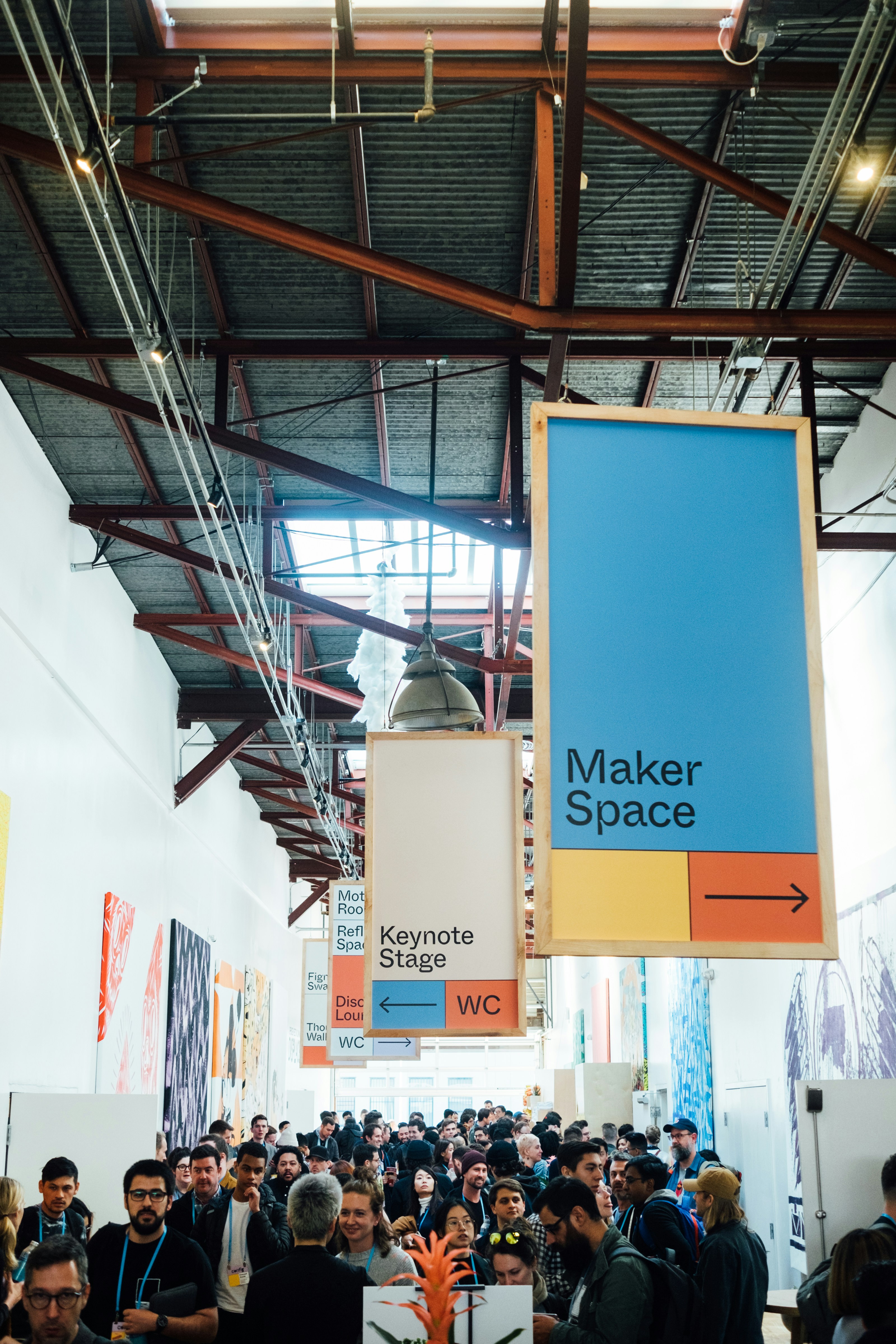Influencer Marketing: An Underexplored Frontier
In today’s digital landscape, influencer marketing has emerged as a compelling marketing channel, yet it remains surprisingly underutilized. Ironically, despite its prominence in discussions, influencer marketing accounts for merely 1% of the $614 billion projected digital marketing spend for this year. What does this stagnation signify, and how can AI revolutionize this underused avenue?
The field of influencer marketing is poised for growth, presenting businesses with the potential to access over 5 billion users globally across various social media platforms. This is an exceptional opportunity that remains largely untapped, especially compared to paid advertisement methods. Companies like Daniel Wellington have spearheaded the influencer marketing revolution, capturing market share by collaborating with micro and nano influencers. These partnerships, often overlooked by larger brands, have proved pivotal as these influencers grow organically, amplifying viral distribution even without extensive follower bases.
Real-World Success Stories
Several brands have successfully harnessed influencer marketing to propel growth:
- Daniel Wellington made strategic use of influencer partnerships to scale its brand into a $200 million success.
- ClickUp and Eleven Labs ventured into affiliate programs, incentivizing creators to generate demand for their products.
- Duolingo and Carrot Financial have capitalized on social media and podcasting platforms, reshaping their brand influence and reach tailored to their audiences’ needs.
**AI’s Role in Influencer Marketing Evolution**
Artificial intelligence is already catalyzing shifts in how influencer marketing is approached. It influences content consumption and enhances engagements by utilizing machine-learned algorithms in popular platforms' 'For You' feeds. These intelligence systems offer brands a strategic edge by targeting content to specific audiences more effectively than traditional methods.
Integrating AI Tools for Enhanced Efficiency
Transitioning from a pre-AI world, which entailed slow, manual, and fragmented processes, modern AI tools have streamlined influencer marketing campaigns, accelerating their launch from 6-12 weeks to just over a week. Tools like **Yuba.ai** and AI-influenced spreadsheet enhancements, such as those offered by Capco, reduce the time required for research, personalization, and outreach, thereby altering the campaign’s dynamics drastically.
These advancements emphasize the ability to manage complete workflows—from identifying influencers to launching campaigns and analyzing results—within unified systems. This integrated approach not only economizes processes but also enhances strategic precision in targeting.
B2B Challenges and Opportunities
While the fundamental influencer marketing workflows remain consistent across B2B and B2C sectors, platform selection is critical. Companies should strategically choose platforms where their target audiences reside, adapting strategies to meet the demands of specific marketplaces.
Conclusion
Influencer marketing presents an expansive opportunity that brands are just beginning to fully realize—particularly with the aid of AI, which promises to simplify and heighten the efficacy of campaigns. While it might seem like a distant aspiration now, leveraging AI in influencer marketing isn't just advantageous; it's a necessity for brands aiming to maintain competitiveness and relevance.
By embracing this intersection of AI and influencer marketing, businesses can achieve unparalleled growth while optimizing operational costs. As we unlock these potentialities, the question is no longer if brands will integrate AI into their influencer marketing strategies, but when they will do so to stay ahead.

March 12-13, 2025
San Francisco, California, USA


